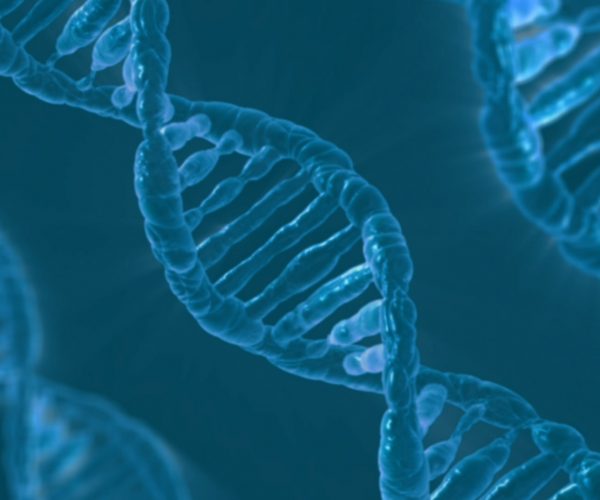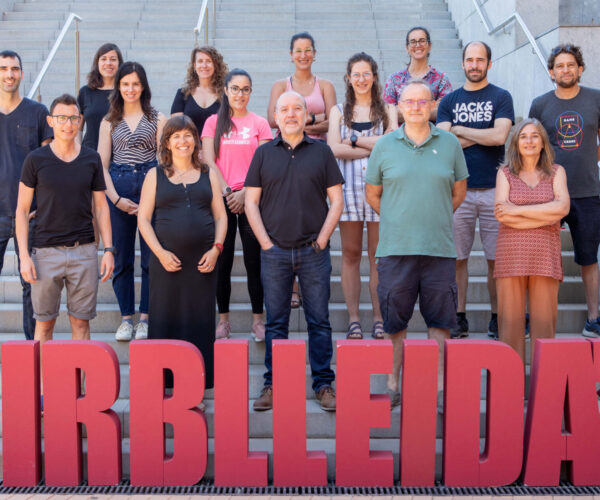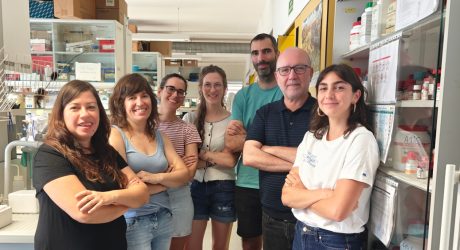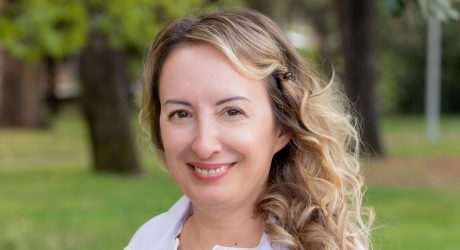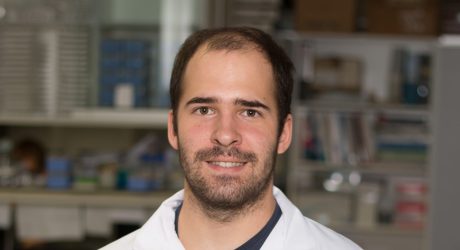Specific fat profile defined for centenarians
A team from the UdL and IRBLleida studies the differential traits of extreme longevity
Centenarians have a specific blood plasma fat profile that could explain their extreme longevity. Research led by the Metabolic physiopathology group at the University of Lleida (UdL) and the Institute for Research in Biomedicine of Lleida (IRBLleida) recently published in the Journal of Gerontology Biological Sciences & Medical Sciences, one of the most important in the world in the field of ageing, proposes a first definition of these differential traits in humans. Researchers from the University of Valencia, the Institute of Biomedical Research of Girona (IDBGI) and the Baker Heart and Diabetes Institute in Melbourne (Australia) have collaborated in the study.
The team analysed plasma samples from 25 centenarians, 6 men and 19 women. Using lipidomic analysis with mass spectrometry techniques, they determined 151 different molecules from a specific class of fats called sphingolipids, which play a structural role in cell membranes and are involved in many processes, such as apoptosis (programmed cell death) or autophagy (elimination of substances).
They have thus been able to define a phenotype of healthy humans with an exceptional lifespan, a specific fat profile that defines centenarian status. “This specific imprint is characterised by the predominance of lipid species with functional properties related to the regulation of cell signalling pathways that ensure resistance to stress and cell survival,” explains UdL professor and researcher Reinald Pamplona.
The results show that this profile specifically includes a higher content of complex glycosphingolipids (hexosylceramides and gangliosides) and lower levels of ceramide species such as sphingomyelins and sulfatides. This suggests that structural glycosphingolipids may be more relevant than signalling sphingolipids in achieving centenarian status, preserving functional cell membrane functioning, signal transduction pathways and processes that favour high longevity.
UdL lecturer and researcher Mariona Jové stresses that “the significance of this finding is interesting because it expresses an enrichment in monounsaturated fatty acids that helps maintain membrane fluidity and resistance to oxidative damage”. Even so, the authors of the article point out that further studies, with a special focus on the analysis of lipidomic profiles at the tissue level, will be needed to consolidate these new ideas in the context of human longevity.
This research, funded by the Spanish Ministry of Science, Innovation and Universities and the Government of Catalonia, is part of a larger series of studies that will define the differential traits associated with extreme human longevity and healthy ageing.
Text: press UdL
